The impact of the Covid-19 crisis is still unfolding but one lesson can already be learned – we need food security.
In some strategically important sectors the lack of domestic availabilities became quite acute, but fortunately agriculture in the EU assured its fundamental role of feeding its citizens.
It did not pass unnoticed that in the crux of the crisis many countries resorted to export bans and restrictions, including in the agri-food sector. What would have happened if the EU was as vulnerable in food supplies as it was in some medical equipment?
Contrary to countries that have imposed restrictions on their food exports, the EU as a whole ensured also its share of world supplies. This is not a minor or side element, as food scarcity is a real risk in many poor areas of the globe, and first and foremost in neighbourhing Africa.
The time has come to review the EU trade policy, in particular on agriculture, at the light of the past experience and the lessons of the Covid-19 crisis.
In a nutshell the current EU trade policy might be depicted as willing to strike as many Free Trade Agreements (FTA) as possible with as many countries as possible.
The underlying assumption is that the EU, and her trade partners, benefit from freer trade that expands wealth. Agriculture is always part of the FTAs as required by World Trade Organization (WTO) rules.
Another strategic element underpinning the EU trade policy is the belief that freer trade under the umbrella of international rules is a key element of globalization, and a means of reducing strategic fault lines and improving a cooperative approach to planetary issues.
This global approach has resulted in the European Commission (EC) overlooking an in-depth analysis of the impact of each FTA, and failing to decide on its own merits. The EC impact assessments systematically rely on global evaluations and ignore the specific impacts in specific sectors.
This has been particularly acute in the agriculture sector. Agriculture and food security concerns have not been front stage. There has been some recognition that highly vulnerable agriculture sectors (typically beef, sugar, and to some extent pork) should not be fully exposed to outside unfettered competition, but never to the point of stopping short of constantly increasing EU’s market access, or helping those sensitive sectors cope with increased competition. Other sectors, like sheep and goat meat, have been largely left on their own whilst their economic situation has worsened with increased imports.
Farm Europe argues that the time has come to adopt a more balanced trade policy. After Covid-19 we need a change of policy that does not compromise food security. We need a better balance between the benefits of freer trade and its asymmetric negative impacts. We need less of an ideological driven policy and more pragmatism and realism.
Farm Europe is not against trade, nor negotiating FTAs for the benefit of producers and consumers. It must be recognized that FTAs bring benefits that should be cherished.
The EU is a lead net-exporter of agri-food products. In 2019 the export value of agri-food products came to a total of €151.2 billion, while imports accounted for €119.3 billion. The trade surplus reached an all-time high of €31.9 billion. It is undeniable that trade brings wealth and jobs to the sector.
Isolation within our borders would bring less production, lower farm revenues, less jobs, fewer agri-industries, slower technological progress and innovation spurred by international competition.
Without EU agri-food exports, food security in many countries, and in particular in Africa, would be compromised. As demand for food is raising, the role of the EU as a lead world exporter is paramount.
However FTAs should not compromise the viability of the more vulnerable sectors. FTAs have brought winners and losers in agriculture, and the losers have been basically left alone to cope with the consequences.
In addition to that, the trade surplus of the EU on agri-food products masks the fact that the EU surplus in raw agriculture products is small, the overall figures are largely helped by the EU export performance on processed products, in particular of high-value.
Whilst FTAs have somehow shielded the most sensitive sectors by limiting free trade under quotas, the accumulation of FTAs, amongst other factors, is leading to shrinking vulnerable sectors like beef and sheep and goat meat.
A new trade policy should pursue the benefits of freer trade whilst either completely shielding vulnerable agriculture sectors, or adopting specific programmes to help those sectors cope (and provide mandatory EU resources to fund those programmes).
The EC should in its prior assessment to engaging in FTA negotiations carefully evaluate the degree to which borders could be open in key sectors, and integrate in its assessment as appropriate the design and resources needed to help those sectors cope with additional external competition.
A new trade policy should respect a level playing field between EU and third countries, with regard to environmental, sanitary and phytosanitary constraints.
Whilst it is true that imports into the EU must respect the EU’s sanitary and phytosanitary norms, in many exporting countries substances prohibited in the EU are widely used. The level of controls at our borders must raise to these dangers.
On the environmental field the situation is even worst. Existing FTAs only have some clauses that embed adherence to UN conventions.
The fact is that the EU imports a wide range of produce from deforested areas, from beef to palm oil. This is unacceptable as the EU thus becomes an active actor in deforestation through its large demand for those products. The EU should adopt a clear cut trade policy that bans imports from deforested and other previously high-environmental value areas. The EU has the independent means to control deforestation and identify which products originate in those areas, and should not leave certification of deforested products to third countries or other parties. The EU should establish a clear cut-off date in the past for accepting imports from previously deforested and high-environmental value areas, banning all imports from areas degraded after that date.
The EU environmental constraints are the more stringent in the world. That comes at a cost for the sector, and that cost is not borne by its competitors. In particular the EU should not accept that imports of agri-food products that were produced under significantly lower environmental constraints benefit from tariff advantages.
The level playing field in new technologies is also being turned against EU agriculture. The EU is banning the use of promising techniques that have the potential to increase productivity and reduce the environmental footprint like New Breeding Techniques. By its own doing, the EU is putting the sector at a competitive disadvantage.
On labour conditions the level playing field is all but absent. Existing FTAs only embed adherence to ILO conventions.
Although this is typically a cross-cutting issue that goes further than agri-food trade, FTAs could have provisions to address minimum wage issues in particularly sensitive sectors. For instance, on meat trade the cost of operating slaughterhouses is significant and thus the issue is relevant to establishing a level playing field.
Another cross-cutting issue is competitive currency devaluation. There is a strong case to insert clauses in FTAs that counter competitive currency devaluations. A currency devaluation has quite often a larger impact in trade terms than tariffs, and monetary policies that intentionally devalue a currency should be countered by counter-measures, e.g. by giving the other party the possibility to raise tariffs.
The trade policy changes that Farm Europe puts forward should be seen in the context of reforming the EU trade policy in agriculture towards a more pragmatic and realistic course.
The new policy should bring coherence and a holistic view of trade costs and benefits. On agriculture, it should be in phase with the model of agriculture pursued in the EU, largely based on medium sized family farms operating under their own limited capital resources, on and how the EU is prepared to support this model.


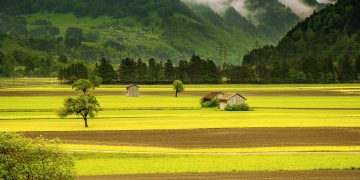
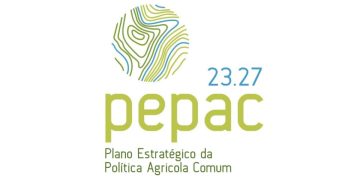
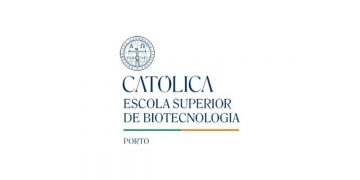
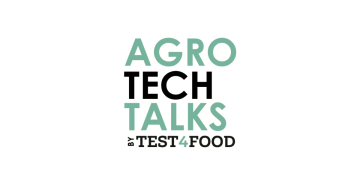













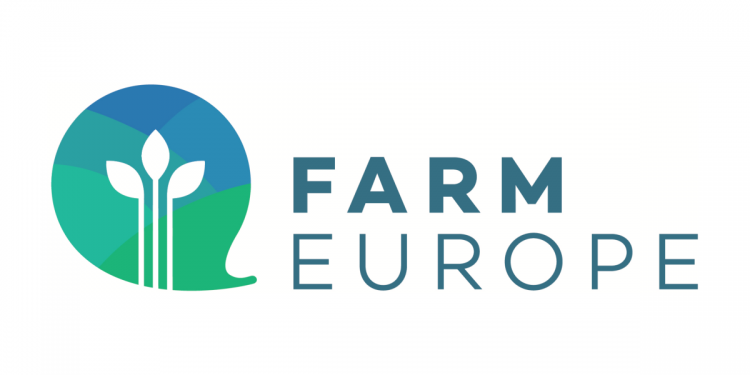
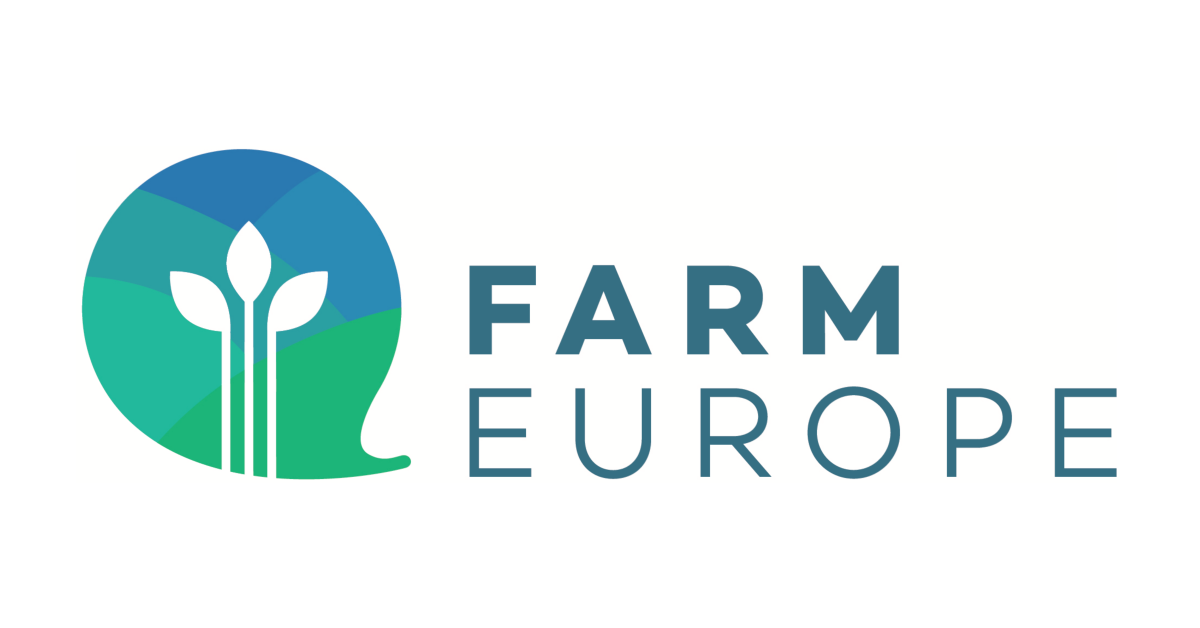
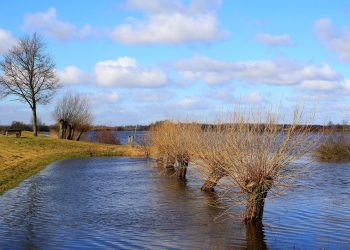
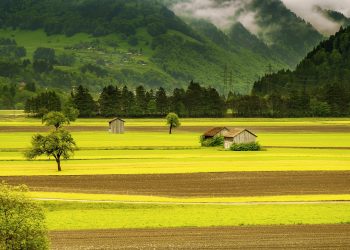
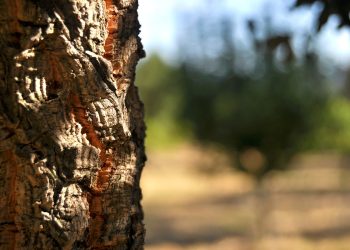

























Discussão sobre este post